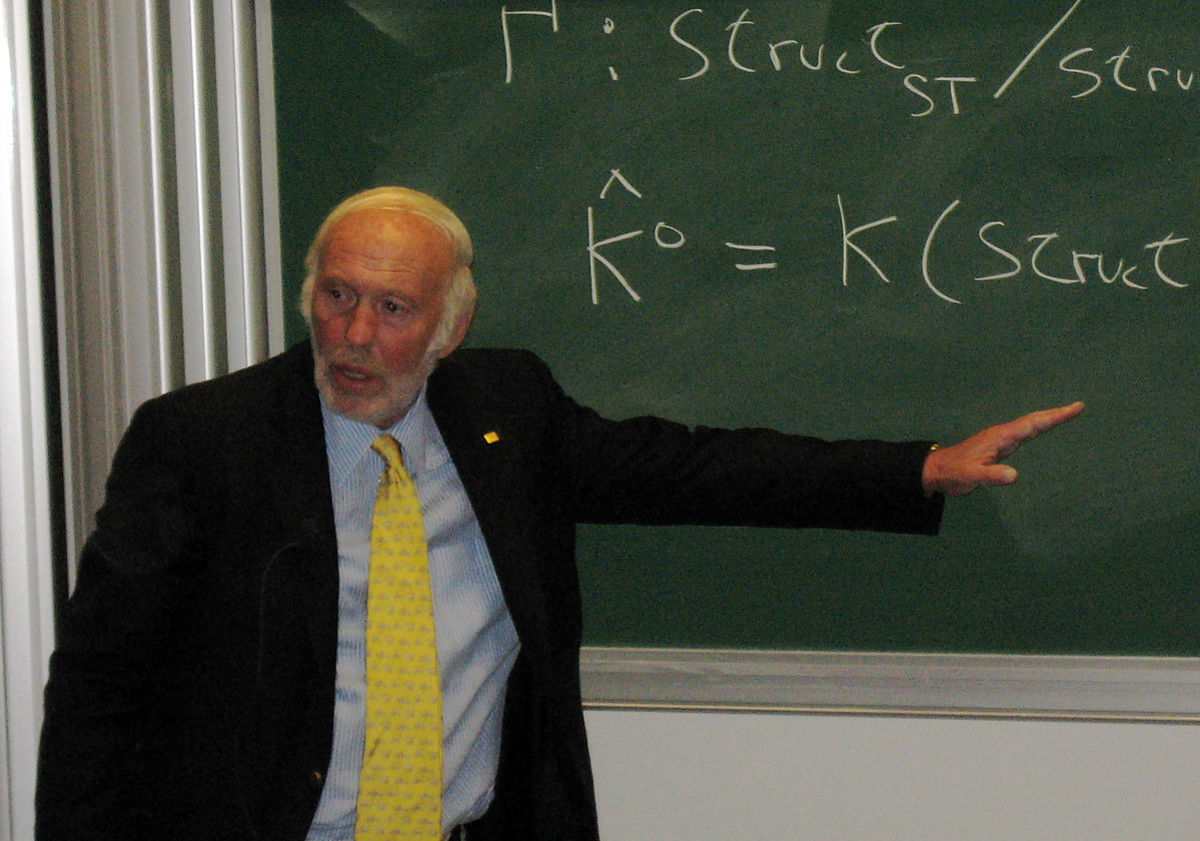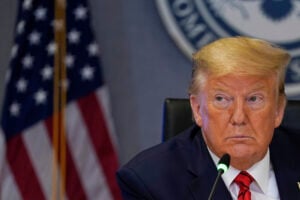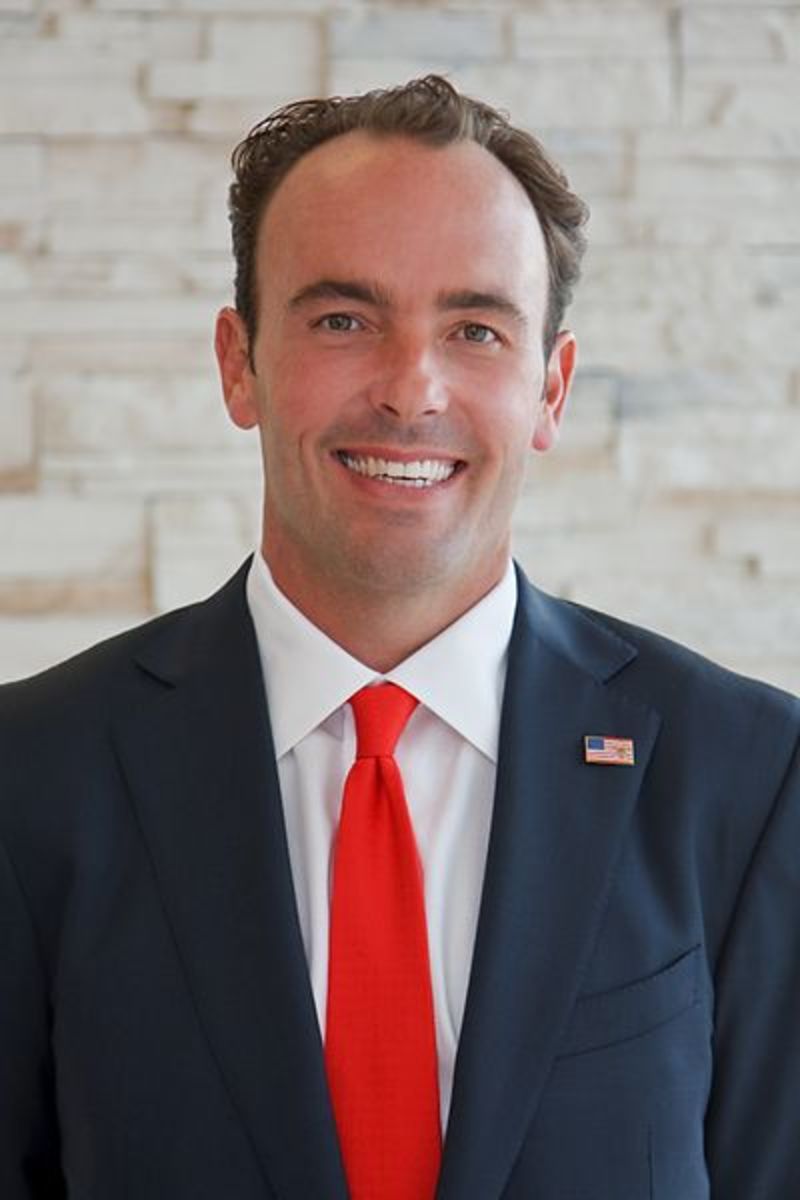(Photo by Win McNamee/Getty Images)
In the dead of night, the White House issued a press release announcing 73 pardons and 70 commutations for a grand total of 143 acts of presidential clemency. Generally speaking, clemency is a good thing. The American criminal justice system is driven by a cruel vindictiveness that runs through both major political parties, making the pardon process one of the few checks on a system addicted to criminalization.
But Trump’s final list is peppered with notable names that look like he’s bailing out his cronies — which, to some extent he is — or that there may have been some “pay for pardons” bribery scheme — which we have every reason to believe — but there’s an overarching theme that ties all of this together.
Before the pardons came out, CNN spoke with one source who offered this chilling observation:
This source said Trump also resonated with cases in which individuals who went to trial got significantly more prison time than co-defendants who cooperated with law enforcement.
“I don’t think he likes when people get screwed just because they go to trial,” this source said.
CNN didn’t frame this as chilling, of course, despite the fact that a source straight up said that Trump is using his pardon power based rewarding people for not being rats. That’s a mob boss mentality.
Again, there are a lot of problems with the criminal justice system and, yes, the fact that some people are left without an opportunity to get a good deal or that unscrupulous actors can plead out to peg responsibility on innocent people are concerns, but one of the bedrock principles that real justice requires is that cooperating with authorities should be incentivized. According to this person, Trump’s motivation for pardons revolves around making sure that the bosses — the big fish who people flip on — aren’t penalized.
Steve Bannon was the mastermind behind Trump’s rise to power and has engaged in all the sycophantic activity required to stay in Trump’s good graces — like using social media to call for beheading Anthony Fauci — but what he really has going for him is that he’s the alleged mastermind of a fraud that siphoned money from a “Build the Wall” charity. He was headed to trial in a couple of months. But he didn’t rat anyone out. Prosecutors tagged him as the brains behind the operation so he’s going to go free. Notably, Bannon’s codefendants Brian Kolfage, Andrew Badolato, and Timothy Shea did not make the clemency list. They should’ve had higher profiles!
Alan Dershowitz and Ken Starr stuck up for Dave Clark, who sounds like a stand up guy:
Fred “Dave” Clark – President Trump commuted Dave Clark’s remaining term of incarceration after serving over 6 years in Federal prison for a first-time, non-violent offense. Mr. Clark’s commutation is supported by Professor Alan Dershowitz, Ken Starr, the Aleph Institute, his family of seven children, and former business colleagues and investors, among others. While in prison, Mr. Clark has lead Bible Study and developed a “Promising People” program to teach inmates technical skills and connect them with faith-based support.
What that description glosses over is that the “remaining term of incarceration” was about 35 years and owed over $306 million in restitution and fines for running a massive fraud scheme. In keeping with Trump’s sympathy for the bosses, Clark was convicted at trial after two of his lieutenants took guilty pleas. For good measure, the feds caught Clark trying to transfer assets to Honduras in advance of his conviction, meaning Trump has rewarded not just the leader of a fraud but efforts to flea justice. Dershowitz isn’t listed as the advocate for the pardon of former Nixon Peabody partner David Tamman, though he did represent the attorney on appeal where he sought a shorter sentence for Tamman’s efforts in covering up a client’s Ponzi scheme.
GOP fundraiser Elliott Broidy — who many believe to be at the heart of the redacted “bribery for pardons” document — had already entered a guilty plea in the 1MDB money laundering action. Even though he took a plea, there’s a difference between cooperating and just bowing out in hopes of leniency. Whether his gambit would have worked or not will never be known because he hadn’t been sentenced yet.
Duke Cunningham, Rick Renzi, and Robin Hayes — three former GOP House members — all got their corruption marks cleared. All had completed their prison terms. Former Detroit mayor Kwame Kilpatrick got a pardon for his racketeering beat because Diamond and Silk vouched for him.
At least the White House got in one more disingenuous jab at Mueller:
Paul Erickson – President Trump has issued a full pardon to Paul Erikson. This pardon is supported by Kellyanne Conway. Mr. Erickson’s conviction was based off the Russian collusion hoax. After finding no grounds to charge him with any crimes with respect to connections with Russia, he was charged with a minor financial crime. Although the Department of Justice sought a lesser sentence, Mr. Erickson was sentenced to 7 years’ imprisonment—nearly double the Department of Justice’s recommended maximum sentence. This pardon helps right the wrongs of what has been revealed to be perhaps the greatest witch hunt in American History.
Paul Erickson — or “Erikson” as the proofreaders in Kayleigh’s office have it — was facing charges over defrauding investors in a wheelchair company and was sentenced to 7 years for defrauding oil investors. The only connection to Russia here was the fact that Erickson was ALSO the boyfriend who embedded Russian agent Maria Butina in the NRA but that had nothing to do with the actual fraud.
And, obviously L’il Wayne. Joe Exotic wasn’t famous enough apparently.
That’s not to say that every one of the pardons Trump issued is unjustified. Some of the sentences listed here are egregious, especially the drug ones. But the the negative space is what speaks loudest here. In so many of these cases, the exact same crime sees the architects receive forgiveness while the soldiers are left to languish.
Trump’s pardons largely repeat an ongoing tragedy of the criminal justice system that over relies upon incarceration for the have-nots and nervously resists putting the haves in jail. And yet for those with money to burn the only punishment that can even resonate is to limit freedom. But once again, America will let the big fish off.
 Joe Patrice is a senior editor at Above the Law and co-host of Thinking Like A Lawyer. Feel free to email any tips, questions, or comments. Follow him on Twitter if you’re interested in law, politics, and a healthy dose of college sports news. Joe also serves as a Managing Director at RPN Executive Search.
Joe Patrice is a senior editor at Above the Law and co-host of Thinking Like A Lawyer. Feel free to email any tips, questions, or comments. Follow him on Twitter if you’re interested in law, politics, and a healthy dose of college sports news. Joe also serves as a Managing Director at RPN Executive Search.











 Kathryn Rubino is a Senior Editor at Above the Law, and host of
Kathryn Rubino is a Senior Editor at Above the Law, and host of 




